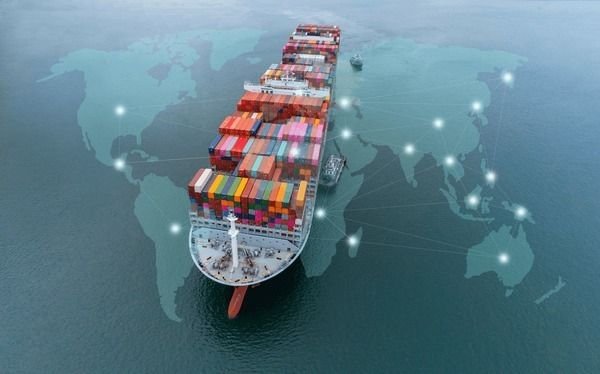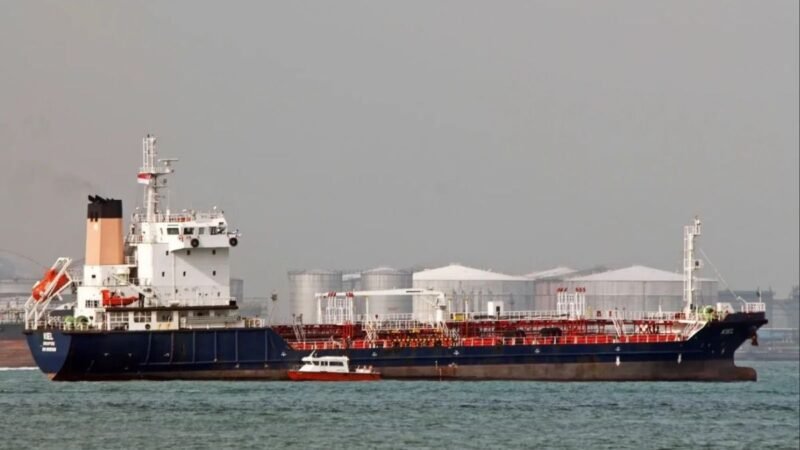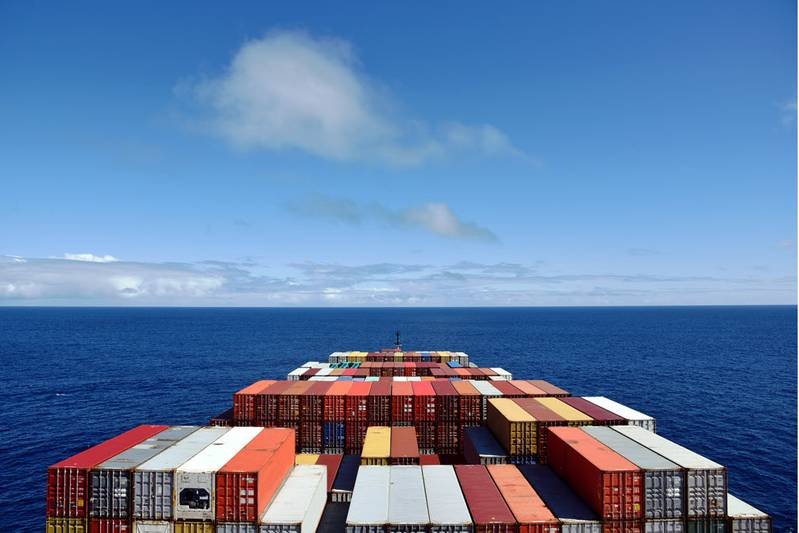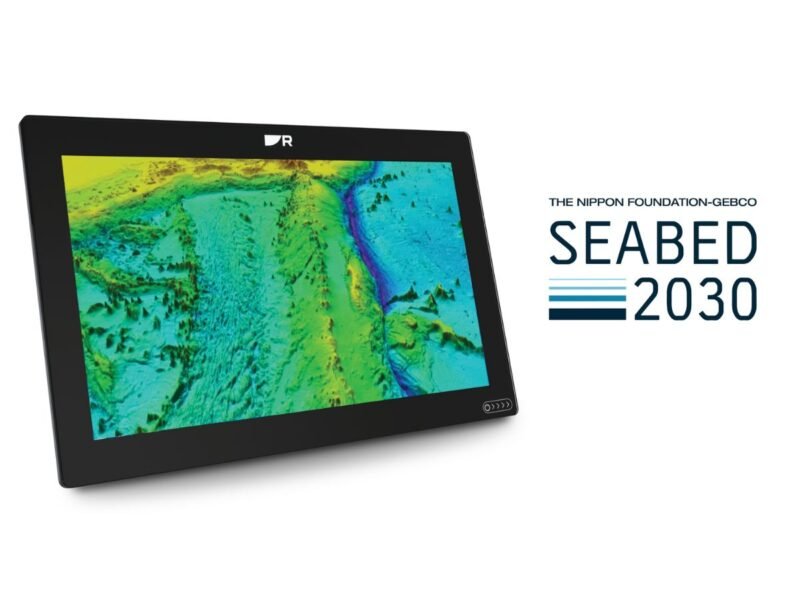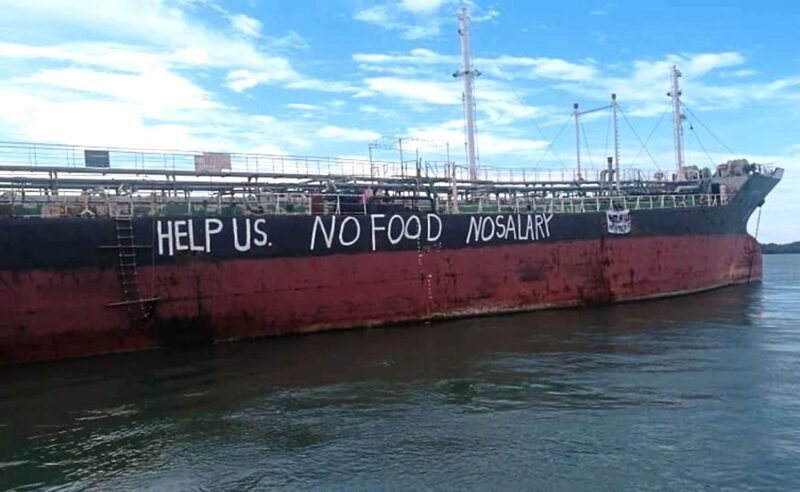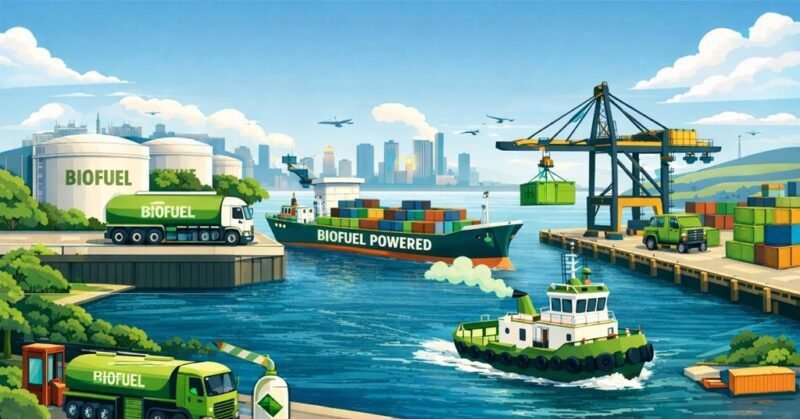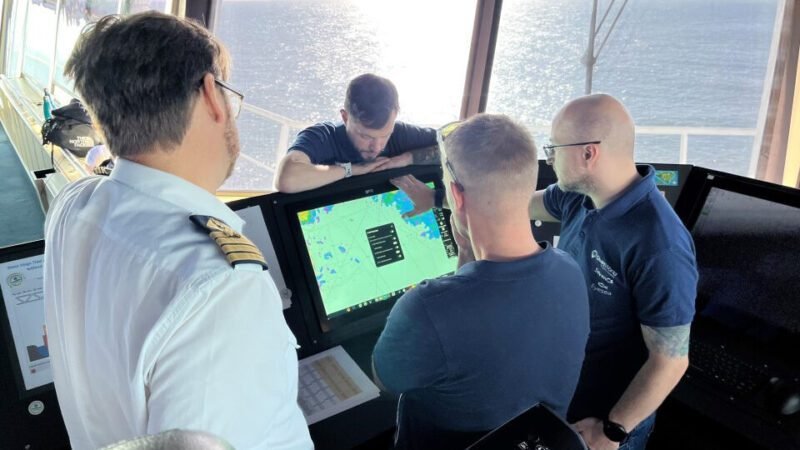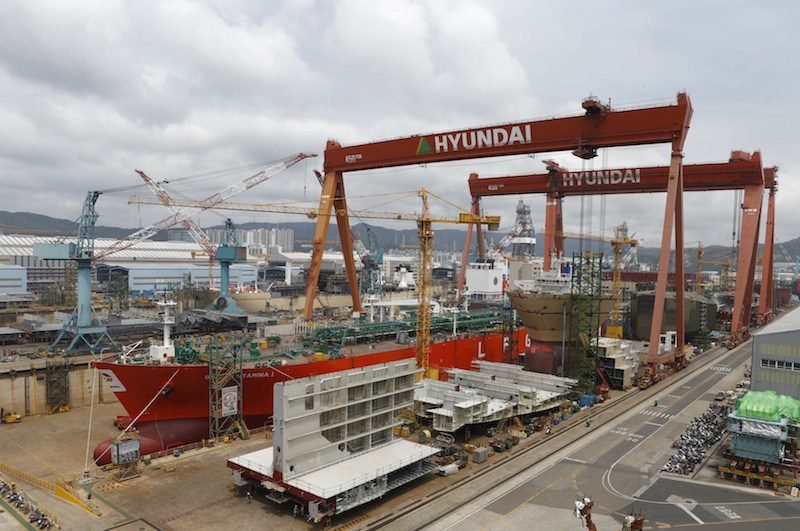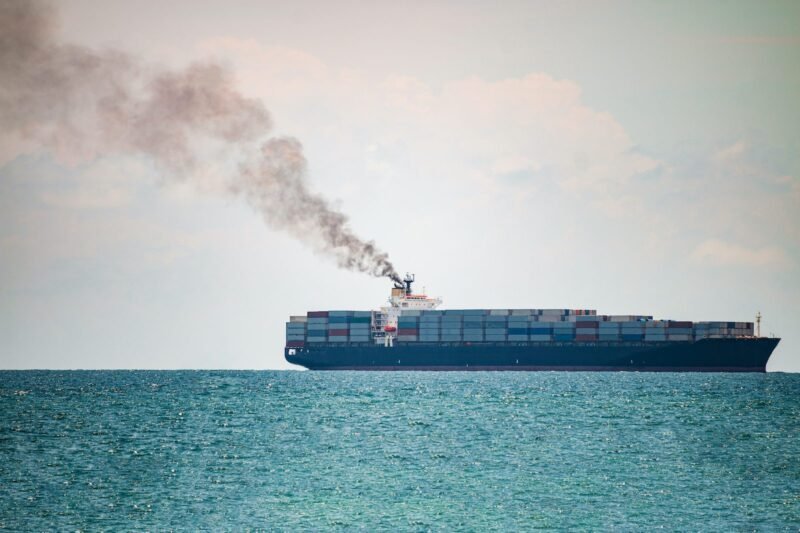Next week, the UN’s International Maritime Organization (IMO) is set to adopt a landmark global carbon pricing framework aimed at the shipping industry, marking a pivotal shift in environmental regulations. The Extraordinary Session of the Marine Environment Protection Committee (MEPC E.2) in London from October 14-17 will address the formal acceptance of the “Net-Zero Framework,” which seeks to achieve net-zero greenhouse gas emissions from maritime activities by around 2050.
Prominent maritime associations have expressed their unified commitment to this regulatory package, describing it as a crucial opportunity for governments to create a comprehensive, enforceable framework that promotes the industry’s shift to net-zero emissions while maintaining a level playing field. The framework, initially endorsed in April 2025, introduces mandatory emissions limits combined with a pricing system across the sector, a first for any industry.
Under the proposed regulations, ships will have to adhere to a global fuel standard and an economic measure that incentivizes emissions reductions. Ships exceeding set emissions thresholds will be required to balance their emissions through various means, including acquiring “remedial units” or contributing to a newly established IMO Net-Zero Fund, which will support initiatives such as low-emission rewards and technology transfers.
If the framework is adopted, it’s anticipated to take effect in 2027, covering large vessels responsible for 85% of international shipping’s CO2 emissions. This adoption would signal a significant milestone in climate diplomacy, especially following the April agreement, with strong support expected from many nations, including those in BRICS and the EU. Ongoing negotiations will refine the framework’s details, with further implementation guidelines slated for approval in Spring 2026.
Share it now







